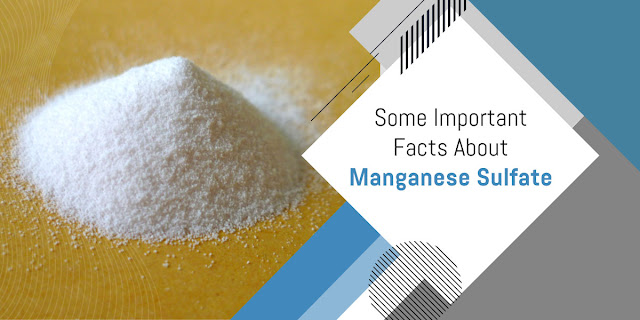Common Uses and Applications of Caustic Soda
Caustic Soda, also known as Sodium Hydroxide (NaOH), does not have an odour. Direct contact with Caustic soda may harm an individual. The volume, duration, and activity of the damage define the severity of the injury, that includes temporary hair loss, burning eyes, skin, and internal organs.
Palvi Chemicals is one of the excellent and most prevalent Caustic Soda suppliers in Ghana.
Sodium hydroxide is used to make soaps, colours, explosives, rayon, paper, and petroleum products. Oxide coating, Metal cleaning and processing, electroplating, Cotton fabric processing, and electrolytic extraction are all possible applications.
Palvi Chemicals is the most popular as well as
distinguished Caustic Soda exporter in
Nigeria.
Uses:
Caustic Soda is generally used as an aqueous solution, as it is cost-effective and an easy to handle option.
If you are looking for the most reliable and distinct Caustic Soda distributor in Nigeria, Palvi Chemicals is the most trusted name you’ll come across in the market.
Sodium hydroxide is used as a drilling mud additive in the petroleum industry to promote alkalinity in bentonite mud systems, increase mud viscosity, and neutralise any acid gas encountered in the geological formation as drilling progresses.
Sodium hydroxide is used in caustic washing to remove sulphurous impurities from low-quality crude oil.
Other applications of Caustic Soda includes the
following:
●
It's utilised in soap and detergent manufacturing. Sodium
hydroxide is used more frequently than potassium hydroxide because it is less
expensive and requires less quantity.
●
Because sodium hydroxide converts fats and grease that could
clog pipes into soap that dissolves in water, it's used in drain cleaners.
●
To manufacture synthetic textile fibres like Rayon.
●
It's utilised in the paper-making process. Around 56% of the
sodium hydroxide produced is consumed by industry, with the paper industry
accounting for 25%.
●
It is used in the purification of bauxite ore, which is used
to make aluminium metal, and is also known as the Bayer process.
●
It's used to keep the pH of water treatment plants in check.



Comments
Post a Comment